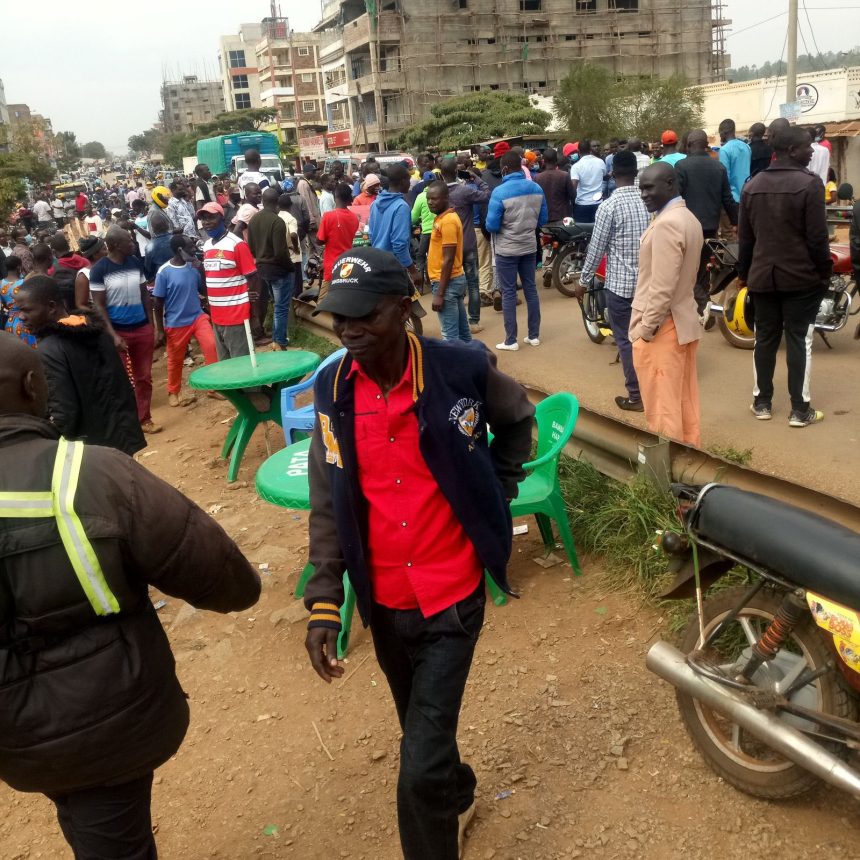The increase in prices of petroleum products continues to elicit reactions from Kenyans, who say the cost of living is becoming unbearable.
The Energy and Petroleum Regulatory Authority (EPRA) on Sunday, May 14, increased the retail prices for super petrol, diesel and kerosene by Ksh3.40, Ksh6.40 and Ksh15.19 per litre respectively.
Fuel subsidy removed
The regulator said the subsidy on diesel and kerosene had been removed pushing the new price per litre of super petrol, diesel and kerosene in Nairobi to Ksh182.70, Ksh168.40 and Ksh161.13 respectively.
Residents of Kajiado County term the move by EPRA as a major blow to them and a betrayal by the Kenya Kwanza administration that rose to power on a promise of economic transformation.
Those in the transport sector including bodaboda riders, Tuktuk operators and Public Service Vehicles (PSVs) decry the move, terming it as detrimental to their businesses.
They say hiking fare prices will not help as many Kenyans are already struggling to pay the current charges.
“The option we currently have as transporters is to increase fare prices. It is a sad reality that the current economy has hit everyone hard. Passengers will not only not be willing to pay more but the reality is that they cannot afford it. As a transport industry, we are already struggling and the increase in fuel prices will only worsen our struggles,” John Mutunkei, a matatu owner who plies the Kitengela-Isinya route, remarked.
“The profit realized in transport has sharply fallen and those in this sector are living from hand and mouth. Sometimes even putting food on the table is a challenge,” he added.
Currently, matatus charge Ksh100 from Isinya to Kitengela, a distance of 20 kilometres up from Ksh60 last year.
Davis Odhiambo a bodaboda rider at Kitengela town, said he is forced to ferry passengers at the same price making as low as Ksh10 per trip.
“The price of fuel and what passengers are willing to pay is a huge struggle and sacrifice to make a profit to purchase a packet of Unga. For every Ksh50 I make, my profit is Ksh10. While I am so willing to work harder and make as many trips as possible, there are fewer customers. Customers are trekking the short distances which we would ordinarily carry them due to financial challenges,” Odhiambo stated.
According to them, the hope of the cost of consumables becoming affordable has been dashed by the fact that all sectors’ prices are influenced by the cost of transport.
“If transport is expensive all other services and products will witness an increase in price. The increase in fuel is an indicator that things are likely to worsen,” Alex Misori, a Tuktuk driver, said.
Residents instead call on President William Ruto to stop making unfulfilled promises while they continue suffering due to the high cost of living.
Most residents express the least optimism with the president’s remarks during an interview with the media, saying it fell short of reality and strategy and instead remained more pegged on promises geared towards giving hopeless Kenyans hope.
“The president spoke about his plan to salvage the rising cost of living but sincerely I consider that mere promises. So far the government should have been able to redeem some of its pledges made during the campaigns. The promises have become too much while our economy is getting tougher, “Ann Njoki, a food vendor at the Kitengela bus stage, quipped.
On the issue of mandatory taxation to facilitate affordable housing, most locals term the initiative as unrealistic.



